By: TPA News Desk | editor@thepointafricanews.com
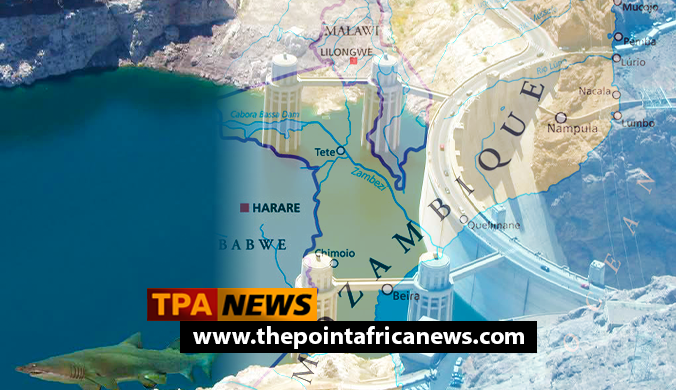
Mozambique is poised to receive substantial financial backing from the World Bank for its ambitious Mphanda Nkuwa hydropower plant, a cornerstone project valued at an estimated $6.4 billion. This pivotal commitment from the international lender is expected to unlock critical funding necessary to advance the massive energy initiative on the Zambezi River.
World Bank President Ajay Banga, during a recent visit to Mozambique, affirmed the institution’s readiness to provide a comprehensive package of debt and equity funding, along with vital risk guarantees and insurance for the entire Mphanda Nkuwa project. This includes approximately $5 billion for the power plant itself and an additional $1.4 billion for associated power transmission lines, crucial for connecting the plant to the national grid and facilitating energy exports.
The World Bank’s support is multifaceted, extending beyond direct loans to include concessional financing through its International Development Association (IDA) for the transmission lines, as well as participation through its International Finance Corporation (IFC) unit for debt and equity, and its Multilateral Investment Guarantee Agency (MIGA) for political risk insurance. This diverse approach is designed to de-risk the project, attracting further private and public investment required for its full realization. For instance, a $420 million grant, supplemented by funds from the Norwegian Trust Fund, has been allocated to support essential hydrological studies and resettlement plans.
The 1,500-megawatt Mphanda Nkuwa plant, located downstream from the existing Cahora Bassa dam, is envisioned as a transformative project for Southern Africa. It aims to significantly boost Mozambique’s electricity production, positioning the nation as a major energy exporter within the Southern African Power Pool (SAPP) and contributing to the goal of providing electricity access to 300 million people in sub-Saharan Africa by 2030.
Once operational, anticipated by 2031, the hydropower complex will include extensive transmission lines stretching over 1,300 kilometers, connecting the generation site in Tete province to the capital, Maputo, and facilitating power sales to neighboring countries like Zambia, Malawi, and Zimbabwe. This strategic investment is expected not only to increase national energy security but also to spur economic growth by enabling local processing of minerals and accelerating electricity access for Mozambican citizens.



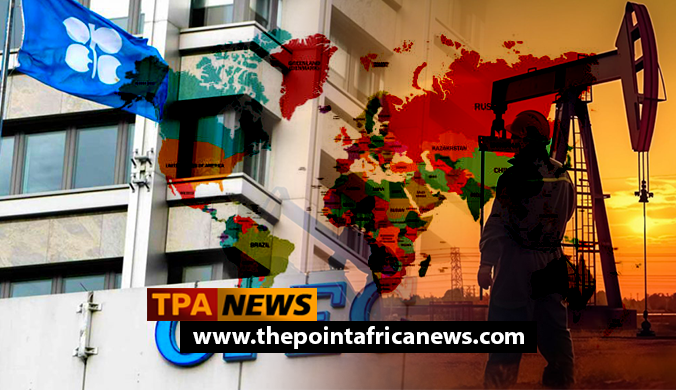
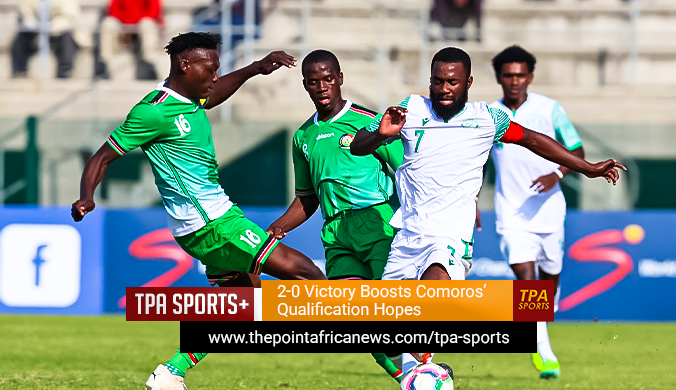
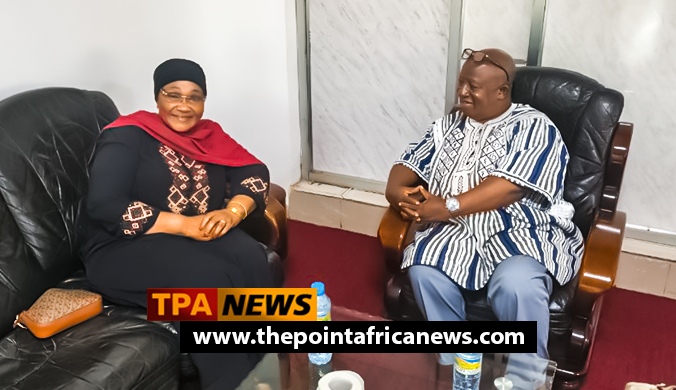
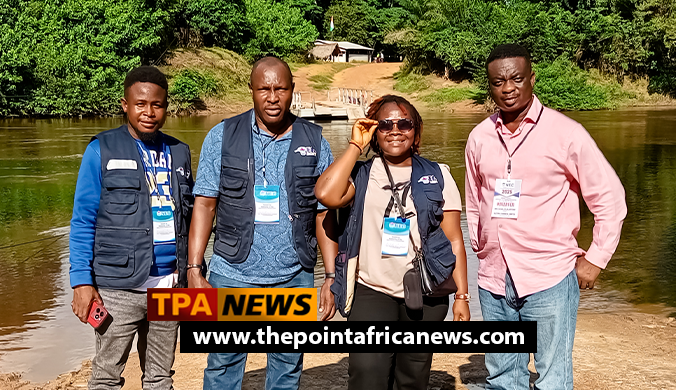
Leave a Reply